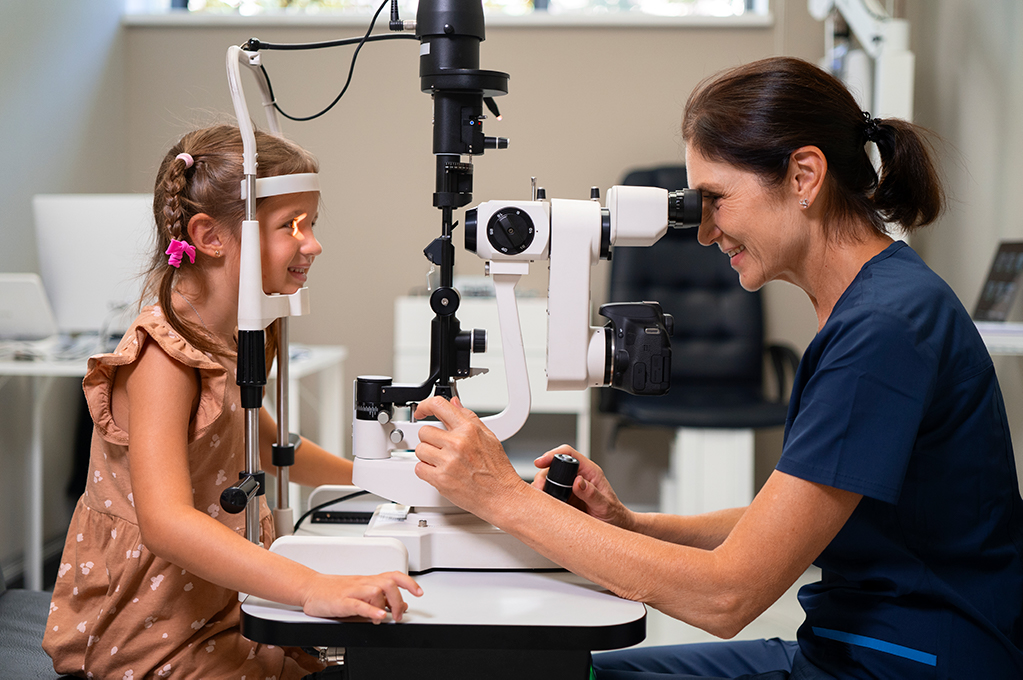Higher Studies Options After B.Sc. Optometry
A B.Sc. Optometry degree opens the door to a rewarding career in eye care, but it’s also a strong foundation for those who wish to pursue higher studies. With rapid advancements in vision science and technology, continuing education helps graduates gain deeper clinical knowledge, specialize in niche areas, and expand their career scope.

1. M.Sc. in Optometry
One of the most popular options after a B.Sc. in Optometry is pursuing a Master of Science (M.Sc.) in Optometry. This two-year postgraduate course allows students to specialize in advanced optometric techniques, contact lens fitting, pediatric optometry, low vision therapy, or ocular disease management. Graduates can work in hospitals, eye research centers, or academic institutions as lecturers or clinical specialists.
2. Master’s in Public Health (MPH)
For students interested in community-based eye health and preventive care, an MPH with a focus on Eye Health or Epidemiology is an excellent choice. It opens up opportunities in public health organizations, NGOs, and global health initiatives that address vision impairment and blindness prevention.
3. MBA in Healthcare Management
Combining optometric expertise with management skills can lead to leadership roles in hospitals, clinics, or optical chains. An MBA in Healthcare or Hospital Management helps optometrists develop administrative, financial, and operational skills to manage healthcare facilities or even start their own eye care practice.
4. Postgraduate Diploma in Clinical Optometry
Combining optometric expertise with management skills can lead to leadership roles in hospitals, clinics, or optical chains. An MBA in Healthcare or Hospital Management helps optometrists develop administrative, financial, and operational skills to manage healthcare facilities or even start their own eye care practice.
5. Fellowships in Specialized Fields
Many universities and institutions in India and abroad offer fellowship programs in areas such as:
Contact Lens and Cornea Care
Pediatric Optometry
Ocular Prosthetics
Low Vision and Rehabilitation
Glaucoma and Retina Management
These fellowships offer focused clinical training, research exposure, and direct mentorship under senior ophthalmologists and optometrists.
6. Ph.D. in Optometry or Vision Science
For students inclined toward research and academia, pursuing a Ph.D. can be an excellent pathway. Doctoral research focuses on developing new diagnostic techniques, studying visual neuroscience, or innovating optical technologies. A Ph.D. also opens teaching opportunities in universities and research institutions worldwide.
The future of cardiac care technology is bright, with innovations that promise to transform the diagnosis, treatment, and management of cardiovascular diseases. From AI and wearable tech to advanced imaging and regenerative medicine, these advancements hold the potential to significantly improve patient outcomes and quality of life. As these technologies continue to evolve, they will play a crucial role in the ongoing battle against heart disease, bringing us closer to a future where cardiac care is more effective, personalized, and accessible to all.
